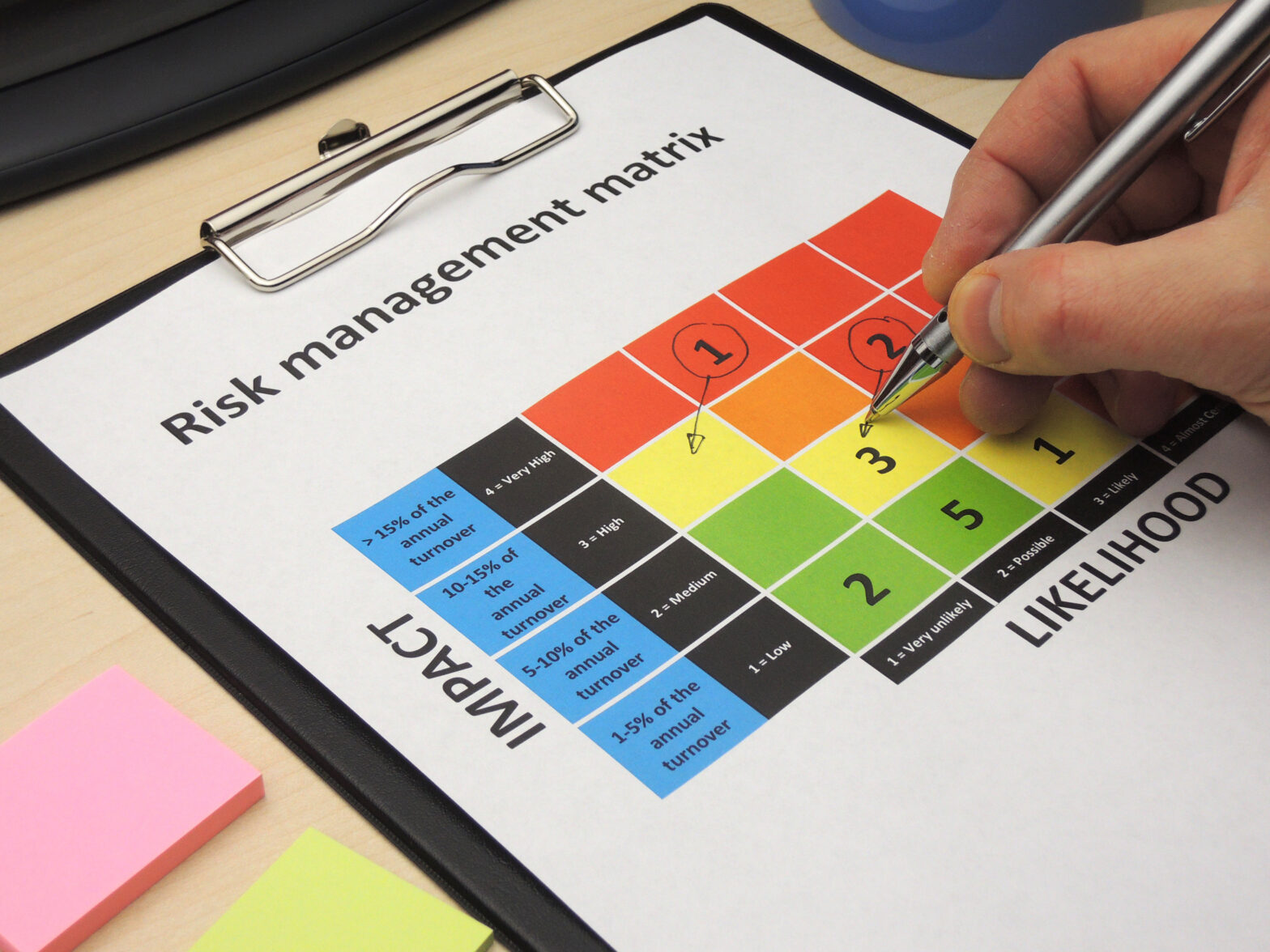The same study also finds that micro-businesses (those with ten or less staff) are inconsistent when it comes to business planning.
No micro-business owners, who responded to the survey, had a formal risk management plan, nor did their businesses have anyone specifically responsible for risk management, with all respondents feeling the issue is more relevant for larger businesses, but did accept they should have a risk management plan in place.
One micro-business owner, when asked about whether they have risk management responded, ‘It’s been spoken about but it hasn’t really gone on beyond that. …sometimes these plans are there, they’re good on paper but when it comes to actually use them, it’s a different case.’
Another owner comments that he preferred not to have a dedicated plan and to adopt a more flexible approach: ‘I’ve been through about five business plans, going back over a long time though. You change things as things happen, decide what you’re going to do…it has to be done supposedly the right way. Sometimes it’s better to just be flexible.’
This sentiment is mirrored by brokers’ opinions on micro-businesses. When asked, brokers said they saw few organised risk management plans or procedures in place at their customers’ companies, despite advising to the contrary. This means they are often dangerously exposed to issues that could in extreme cases threaten business continuity.
Andy Fairchild, CEO at Broker Network says, ‘Unfortunately there is not enough help and support for UK SMEs in this area. It is vitally important for a business that wants to grow that they work on their business as well as in their business.’
Overall, the research finds that micro-business owners have a narrow list of concerns, in comparison to small and medium-sized enterprises (SMEs). These concerns centre on reputation and legal issues, however stretched into issues with employees and data protection.
A key finding of the research was that the longer a company had been trading, the more likely they are to use a broker. Larger SMEs and those with a turnover greater than £1 million are more likely than smaller companies with a turnover of less than £1 million.
SMEs have a lower recovery rate than their larger counterparts
All companies, especially small enterprises must understand risk management in order for the business to prosper, specialists have warned.
Thomas Miller, a firm of risk experts, claims that SMEs have a lower recovery rate than their larger counterparts and must understand the potential perils of their business.
Lee Tricker, director of Thomas Miller, says: ‘Risks affect small businesses just as much as large or medium-sized business.
‘If the business is running ahead without any full understanding of what its risk exposures are, it could be potentially disastrous. It could be very serious.’
But warning small firms to be especially careful, he adds: ‘The rate of recovering from a major event is worse for small businesses than it tends to be for larger ones.’
According to research by Experian Business Strategies and Harris Interactive, just 26 per cent of firms have a strategy in place to deal with a media crisis.





